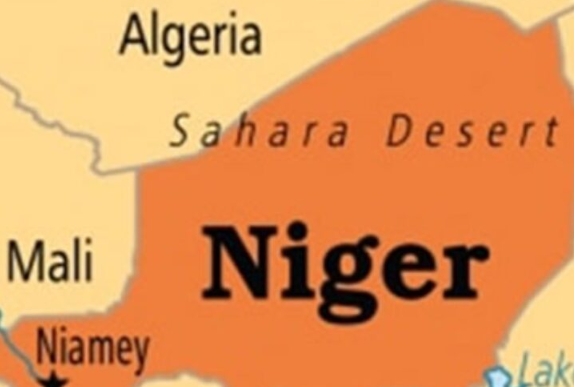By Kayode Sanni-Arewa
A consultative body appointed by Niger’s junta recommended on Thursday a five-year timeline for the transition to civilian rule and the “possibility” of the county’s military leaders standing for election.
In a ceremony broadcast on state television, junta chief General Abdourahamane Tiani, who will have the final say on the proposal, proclaimed it as a “fresh start” that brought hope for the west African nation.
“You’ve played your part, I’ll play mine without fault,” he told the convention to widespread applause.
The “national convention” was tasked in February with drafting a new charter outlining the terms of the transition after Tiani ousted democratically elected president Mohamed Bazoum in a July 2023 coup.
The convention took place from February 15 to 19 and included 716 civil and military participants.
The handover “will take place over a period of 60 months, that’s to say five years from the date of the charter’s adoption”, said convention participant Bibata Niandou, watched over by Tiani.
Niger is one of several countries in Africa’s Sahel region where the army has seized power in recent years in the face of persistent attacks by jihadists and other armed groups.
The “resolutions” formulated during the convention specified that the duration of the transition could “evolve” depending on the “security situation” of the country.
The convention also proposed naming military leader Tiani “president of the republic” in recognition of his “leadership” in reclaiming the “sovereignty” of former French colony Niger.
Shortly after taking power, Tiani announced the organisation of an “inclusive national dialogue” to outline the priority areas of governance and lay down the duration of the transition.
The convention proposed an amnesty for the organisers of the coup that ousted Bazoum, while “concessions” would be accorded to the soldiers sentenced for “attempting to destabilise” power over the last ten years.
The commission that oversaw the conference, headed by traditional leader Mamoudou Harouna Djingarey, also comprises former ministers, academics, lawyers, soldiers, advisers to General Tiani, religious leaders and figures drawn from civil society.
Djingarey pointed to the “possibility of the leaders” of the military authorities “to stand in future elections”.
AFP

